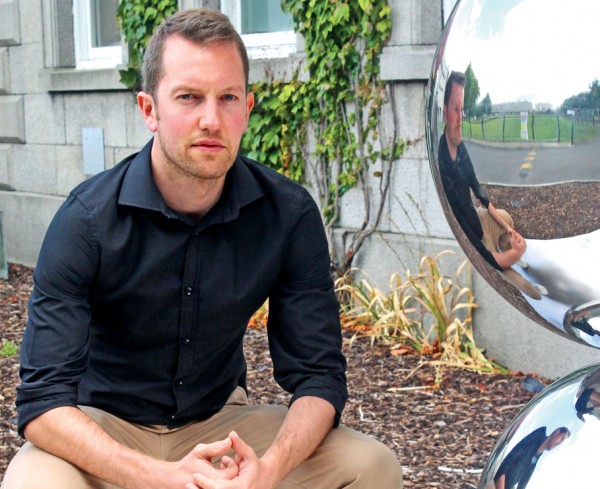
In recent years, Space has come back onto the international agenda. With the retirement of NASA’s Space Shuttle last year, and the unveiling of the Virgin Corporation’s Spaceship One, a new moment in human space flight is being inaugurated, as national agencies make room for privately-financed space flight.
Virgin’s craft marks the early beginning of commercial space flight, but plans are also afoot to establish permanent outposts off-world. Prominent among these proposed efforts is Mars One.
A non-profit organisation, Mars One is an extensive effort to establish a stable human colony on the red planet. The catch is it’s a one-way trip. The first launches, scheduled from 2018 onwards, will involve shipping equipment and materials for the construction of a habitat. These will be unmanned freight missions.
2024, ten years from now, is the proposed date for the first manned excursion. Although Mars One is based on the premise that a habitat for humans is technically feasible, it is not yet possible to ship and construct a launch platform for a return journey.
The application process was open to the public from April to August last year and currently the most prominent Irish candidate is Joseph Roche, a member of the Astrophysics Research Group at Trinity College Dublin, and Research Projects Co-ordinator at the Science Gallery, Pearse St. NewsFour spoke to him about what might be lightly referred to as an unusual lifestyle gamble.
Roche explained to us that he heard of the project when it was first announced in 2012. “I keep an eye on any interesting astrophysics stories, and this one caught my attention because the Mars One Foundation is a not-for-profit organisation based in the Netherlands that is aiming to put four humans on the surface of Mars in 2025.”
Subsequent missions will raise the total number of colonists to 20. Some commentators and space industry notables have expressed doubt and even condemnation towards Mars One. In January, German former astronaut Ulrich Walter strongly criticised the project as being ethically questionable and unlikely to succeed. He estimated the probability of successful arrival at 30%, and survival for more than three months at 20%.
For his part, Roche regards space exploration in general as being of huge value to humankind. “It’s almost impossible to quantify the value that space exploration has to life on Earth. If someone is sceptical about the benefits, I would invite them to consider the vast technological advances made by society as a direct consequence of the Apollo missions.”
Velcro, carbon water filtration, mylar insulation: there is an extensive list of technologies that had their origins in solving the hard problem of keeping people alive in a tin can in the midst of nothing.
Roche is still only shortlisted; he doesn’t know if he will be selected but, if so, will have to embark on extensive training in harsh environments here on earth, in order to make the cut. He has his own doubts about whether humans can cope as a multi-planetary species, but in essence feels that the mission is a worthy one. It would be hard to argue it’s anything less than – quite literally – the adventure of a lifetime.
Pictued left: Joseph Roche.
By Rúairí Conneely

